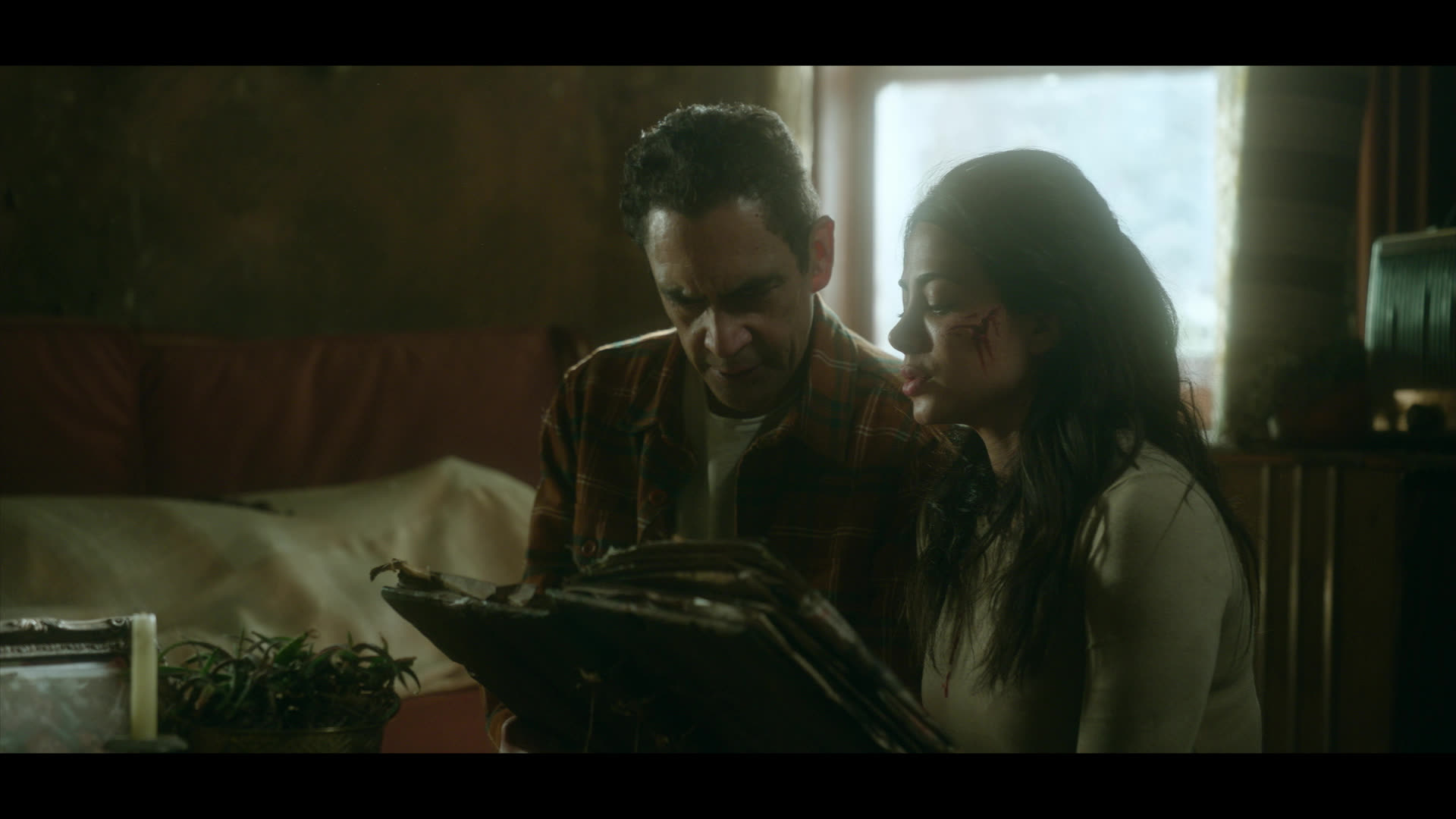“Echo Valley explores where grief whispers and secrets ride at dusk
Academy Award winner Julianne Moore and sought-after Sydney Sweeney bring their talents to Apple TV+ in “Echo Valley.” The Pennsylvania landscape of the Echo Valley becomes a somber stage for grief to run wild.




